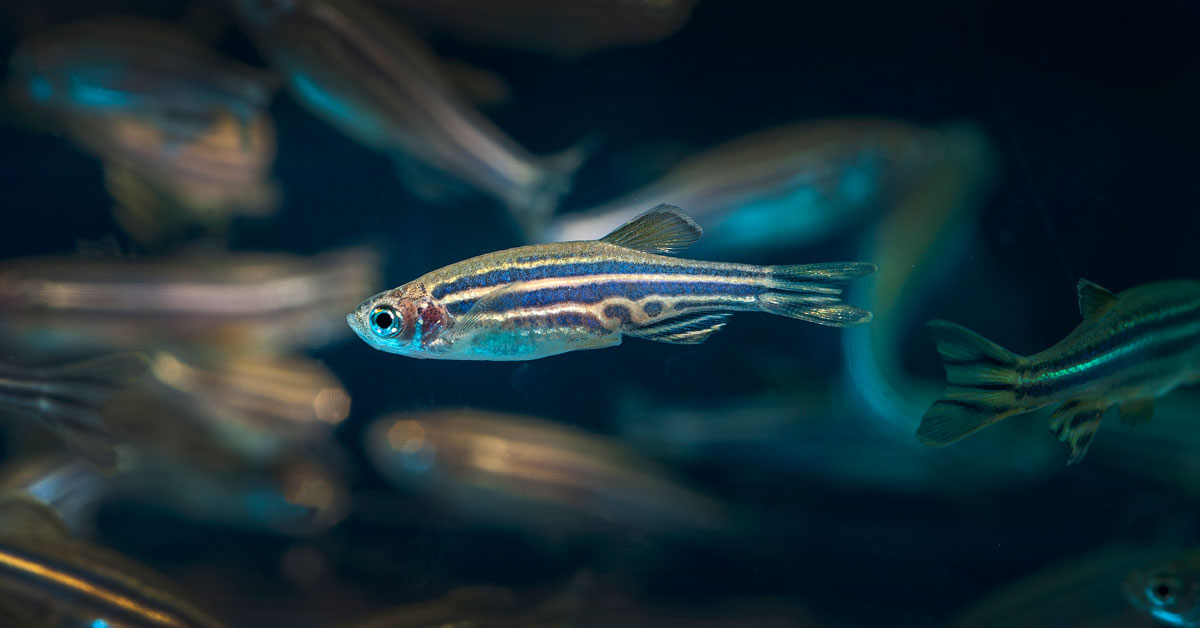The Iberian lynx is one of the rarest cat species in the world, and it’s officially off the endangered species list after 20 years of hard-won conservation efforts.
The wild cat, with its trademark “beard,” black-tipped ears, and bobbed tail, resembles its close relative, the bobcat. Roughly 30 pounds and twice the size of the average housecat, the Iberian lynx is native to Spain, Portugal, and southern France.
In 2002, the species was nearly brought to the brink of extinction. In Spain, only 94 Iberian lynxes remained. In Portugal, they disappeared entirely and were declared locally extinct.
The main cause of the Iberian lynx’s decline was its disappearing food source. The Iberian lynx, a keystone species, is an apex predator that prevents overconsumption of vegetation by regulating local prey species like deer, foxes, and rodents.
In the early 2000s, its preferred prey — rabbits — were affected by agricultural production, as well as breakout epidemics of myxomatosis and haemorrhagic disease. As local rabbit populations plummeted, so did the lynx.
The Iberian lynxes were also largely affected by poaching and the construction of major highways, which fractured their habitats. According to the World Wildlife Fund, the high-speed roads unfortunately led to a significant amount of lynx deaths — 22 in 2014 alone.
After the big cat species was threatened with near extinction, nature scientists and animal advocates rose to the challenge.

Over two decades, conservationists focused on breeding and protection projects — for lynxes and rabbits alike — and also restored natural habitats like woodlands, scrublands, pastures along the Iberian peninsula.
Thanks to these conservation efforts, the Iberian lynx population increased twenty-fold.
A census from 2023 reported more than 2,000 adults and juveniles alive today — and the big cat is now labeled as “barely vulnerable” according to the IUCN Red List of Threatened Species.
“It's a really huge success, an exponential increase in the population size,” Craig Hilton-Taylor, head of the IUCN Red list unit, told The Associated Press.
Since 2010, the WWF has orchestrated more than 400 releases of Iberian lynxes into the wild throughout Spain and Portugal, and their protected land area has leapt from just 173 square miles to 1,281.
“We have to consider every single thing before releasing a lynx, and every four years or so we revise the protocols,” said Ramón Pérez de Ayala, species project manager for Spain’s chapter of the WWF.
In a press statement, LIFE Lynx-Connect project coordinator Francisco Javier Salcedo Ortiz thanked the many people and organizations who came together to save the Iberian lynx.
“[This] is the result of committed collaboration between public bodies, scientific institutions, NGOs, private companies, and community members including local landowners, farmers, gamekeepers and hunters,” said Ortiz.
“[It’s] the greatest recovery of a cat species ever achieved through conservation.”
Header image via LYNXEXSITU (CC BY 3.0 ES)



